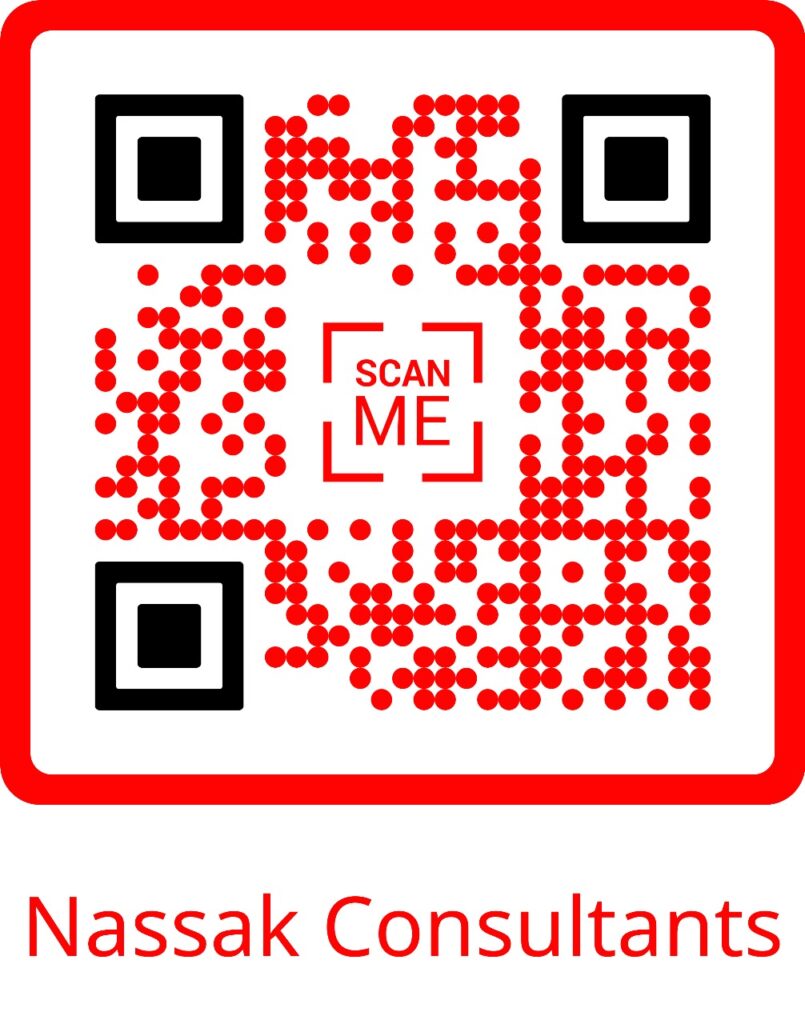A Name of Trust Since 2005
STUDY IN BELARUS
Required documents for admission and visa for Pakistani applicants
For admission in medical universities
(According to new policy 2025)
ü Passport copy
ü CNIC copy
ü Attested education documents matric +F Sc premedical with 60% marks
ü MDCAT score 50%
ü Registration certificate issued by Pakistan medical and dental council (PMDC)
ü Academic Transcript (if credit transfer student)
ü Medical fitness certificate
ü 9 Photos passport size
ü Police clearance certificate
ü FRC
ü Medical insurance
ü Visa application form
ü Bank statement 10000USD (28 days closing balance)
ü All documents must be translated in Russian language
For admission in non medical programs
ü Passport copy
ü ID copy
ü Application form
ü Attested education documents from MOFA
ü Medical fitness certificate
ü 9 Photos passport size
ü Police clearance certificate
ü FRC
ü Medical insurance
ü Visa application form
ü Bank statement 10000USD (28 days closing balance)
ü All documents must be translated in Russian language
Gomel State Medical University
Programs: Doctor of Medicine (MD) in English
Duartion :6 year
PMDC listed
Intake october
Deadline:15 October
FEE DETAIL FOR SESSION 2024/25
STEP1:
Education documents with pre admission/ registration fee 300USD(non refundable)
STEP2:
invitation from Ministry of foreign affairs Belarus 400USD (refundable if visa rejected )
STEP3:
Visa fee embassy and file processing fee 500USD (refundable if visa rejected)
|
FIRST SEMESTER FEE 4000USD
1st Semester Fee Package Include Following
Admission fee, 1st Semester Tuition Fee,hostel registration fee,Medical Examination Fee,Airport Pickup, Police Registration Fee,documents Verification Fee & Management Charges,airport pick up,Train ticket from Minsk to Gomel ,Gomel Railway station to University.
Other Expenses: (Extra to above fee package)
1.Hostel Fee (Per Semester)=$400 2.Visa Extension (Per Year)=Approx.100 USD 3.Mess Charge (as per menu) 4.Air Ticket 5.Insurance 200 USD per year 6.other expense extra to 1st semester fee package if any 7.hostel security fee 100USD (refundable) |
|
2nd semester: Tuition 2325 USD ,Hostel 400USD, |
|
Second year to last year: Tuition fee: 4650$ ( per year) Hostel fee:800$ ( per year) NOTE: student can pay fee semester-wise
|
Vitbsk State Medical University
Programs: Doctor of Medicine (MD) in English
Duartion :6 year
PMDC listed
Intake october
Deadline:15 October
FEE DETAIL FOR SESSION 2024/25
STEP1:
Education documents with pre admission/ registration fee 300USD(non refundable)
STEP2:
invitation from Ministry of foreign affairs Belarus 400USD (refundable if visa rejected )
STEP3:
Visa fee embassy and file processing fee 500USD (refundable if visa rejected)
|
FIRST SEMESTER FEE 4200USD
1st Semester Fee Package Include Following Admission fee, 1st Semester Tuition Fee,hostel registration fee,Medical Examination Fee,Airport Pickup, Police Registration Fee,documents Verification Fee & Management Charges,airport pick up,Train ticket from Minsk to Gomel ,Gomel Railway station to University. Other Expenses: (Extra to above fee package)
1.Hostel Fee (Per Semester)=$400 2.Visa Extension (Per Year)=Approx.100 USD 3.Mess Charges 4.Air Ticket 5.Insurance 200 USD per year 6.other expense extra to 1st semester fee package if any 7.hostel security fee (refundable) |
|
2nd semester: Tuition 2550 USD ,Hostel 400USD, |
|
Second year to last year: Tuition fee: 5100 $ ( per year) Hostel fee:800$ ( per year) NOTE: student can pay fee semester-wise
|
|
Location |
Eastern Europe |
|
Currency |
Belarusian Ruble (BYN) |
|
Language of Instruction |
Primarily Russian and Belarusian; some programs offered in English |
|
Work Allowed During Studies |
Yes, for full-time students |
|
Global Degree Recognition |
Belarusian degrees are recognized worldwide |
|
Average Accommodation Cost |
Approx. BYN 300 – BYN 500 per month |
|
Monthly Living Expenses |
Estimated at BYN 400 – BYN 700 |
|
Application Processing Time |
Typically 1-2 months |
|
Admission Intakes |
Mainly September; some programs offer February intakes |
Note : consultancy fee 500USD after visa stamping from embassy
“A Name of Trust” leading brand of study abroad worldwide specially in Central Asian Regions (CARs) since 2005.
Study MBBS Abroad
Study Abroad
Contact Info
- Corporate Office: Office no 3 First Floor 36-Civic Center Barkat Market, Lahore
- +923024809809
- +992552667575
- nassakconsultantspvtltd@gmail.com

